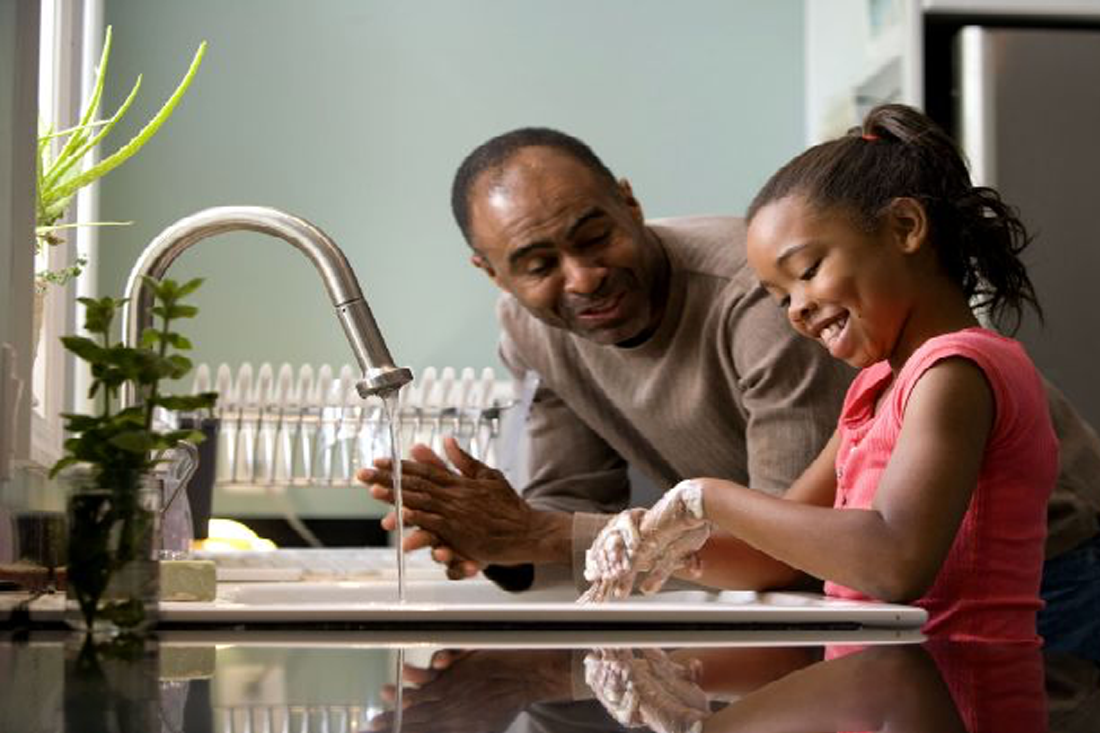
For a long time now, we have known that therapy works. In fact, all kinds of different therapies work for different reasons, and they often tend to be equally effective with not a lot of differences in outcomes. This finding has been termed the “Dodo bird effect” – alluding to the line from Alice in Wonderland, “Everybody has won and all must have prizes.”
In graduate school and the years after, I was fascinated by the question of what makes different types of therapy successful. When I analyzed video recordings of individual therapies intensively using across 100 different variables, I often did find interesting dynamics specific to that particular patient-therapist dyad that predicted the outcome of the therapy (Ablon et al, 2002, 2006, 2011).
But when I analyzed dozens or hundreds of different therapies together, I repeatedly found that what has been termed “common factors” predicted outcomes. The most powerful of those common factors have been referred to as the “therapeutic alliance,” referring to the bond between client and therapist. Study after study has shown that the quality of the relationship between client and therapist is the only reliable and the most powerful predictor of a positive outcome. This construct has also been referred to as the helping alliance, the working alliance or the collaborative alliance. Whatever name you use to describe it, it refers to the bond between helper and helpee as they work together towards a common goal, a bond marked by non-judgmental acceptance and empathy.
During the 20-plus years since I left graduate school, I’ve focused on helping kids and adolescents with challenging behaviors, and things have come full circle for me. The helping relationship is the key to change. This is true wherever I’ve worked, whether it is a therapist-client, parent-child, or teacher-student relationship. The quality of the helping relationship determines success. And just to be clear: a helping relationship does not simply mean a nice or friendly relationship. A helping alliance is characterized by digging in and working on hard things together, but always punctuated by empathy, acceptance and a lack of blame.
The real struggle when it comes to helping kids with behavioral challenges is that it is very hard to build and maintain an empathic, non-judgmental stance when their behavior is so frustrating and disruptive. The more we feel triggered and disrespected by their behavior, the harder it is to maintain that helping alliance. This is why helping adults to have compassion for kids with behavioral challenges is more than half the battle. The approach we teach tries to instill an empathic and hopeful mindset while giving adults concrete tools to partner with kids to work on the challenges together (Ablon, 2018). In other words, the approach helps adult foster a therapeutic alliance with kids despite their challenging behavior. Our research has shown that the better the adults are at using the approach, the higher their alliance is with the kids, which given all we know about therapeutic alliance undoubtedly translates into better outcomes for kids.
So, what’s the bottom line here? The most powerful vehicle of change we have is relationships. Not surprisingly, our success in helping kids is entirely dependent on the relationships we build with them.
References
Ablon JS, Jones EE, Katzenstein T. Psychotherapy and controlled clinical trials: A square peg and a round hole. Psychoanalyst Psychologist, 2002.
Ablon JS, Jones EE. Validity of controlled clinical trials of psychotherapy. AJP, 2002;159:775-783.
Ablon JS, Levy, RA, Katzenstein, T. Brand names of psychotherapy: Identifying empirically supported change processes. Psychotherapy: Theory, Research, Practice, Training, 2006; 43(2), 216-23
This article was originally featured in Psychology Today.